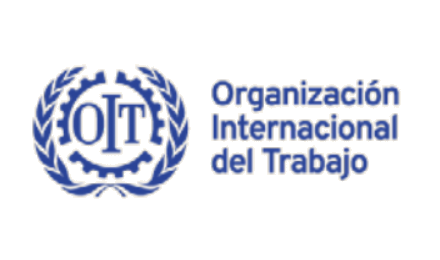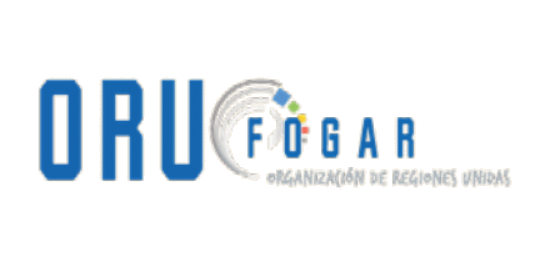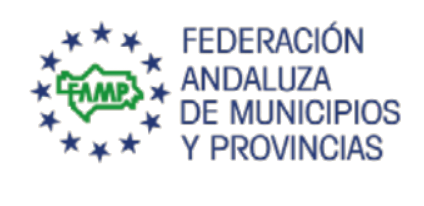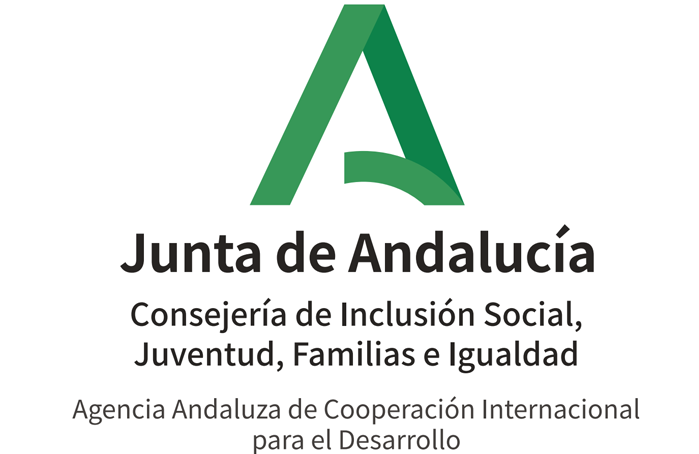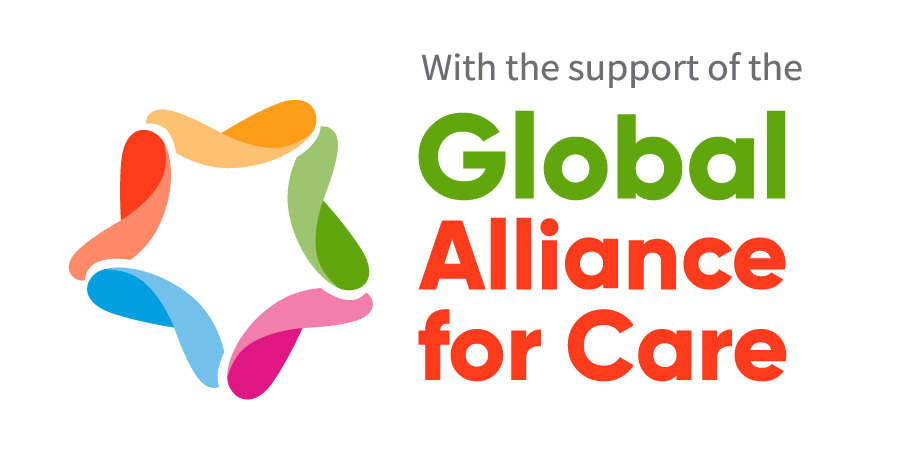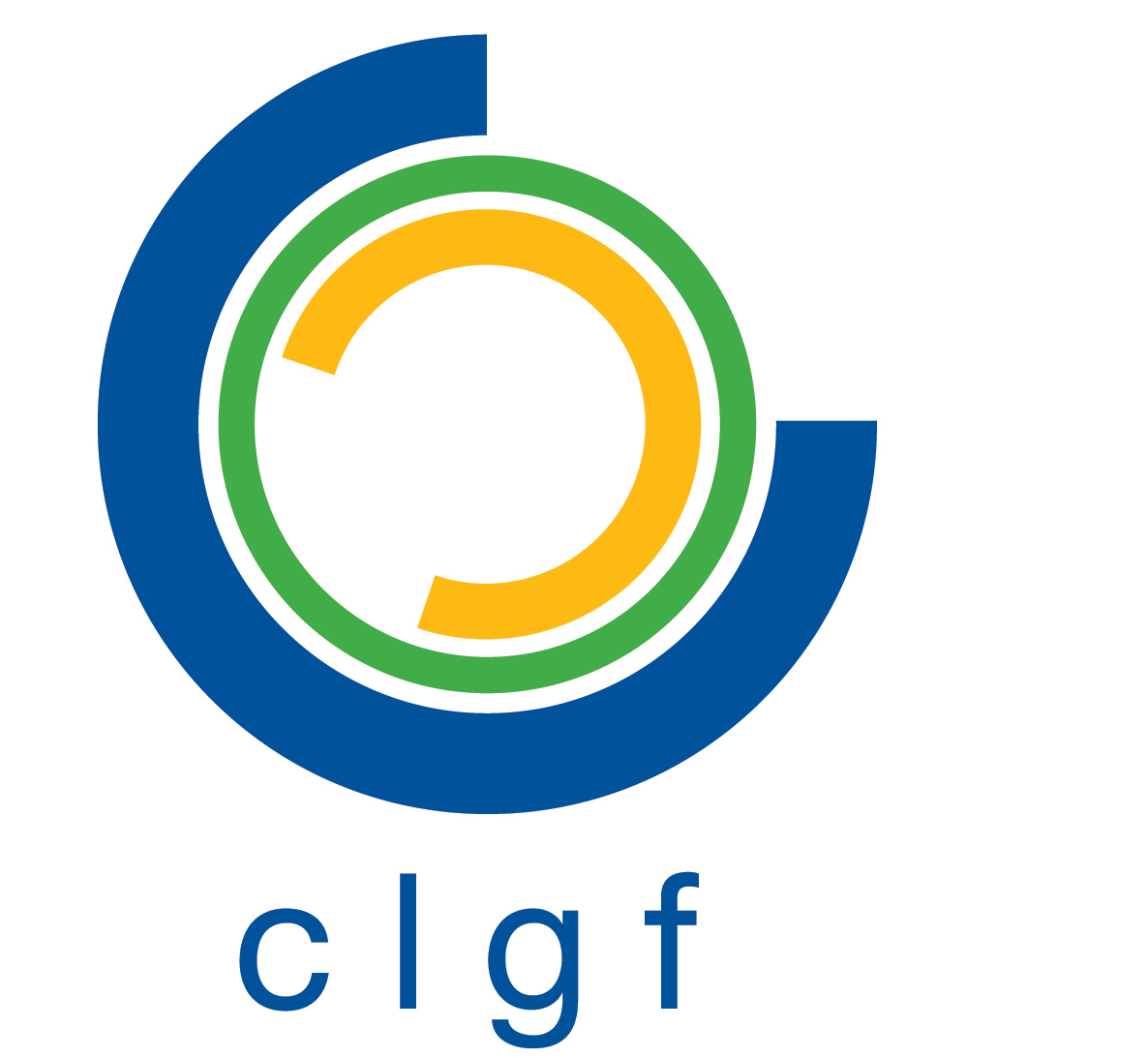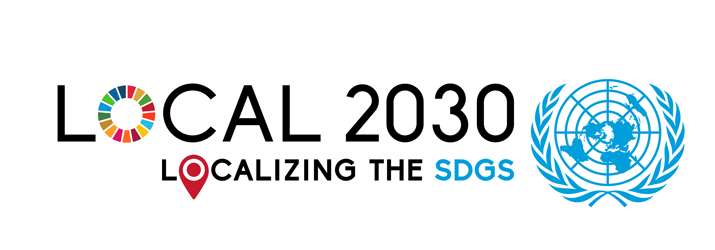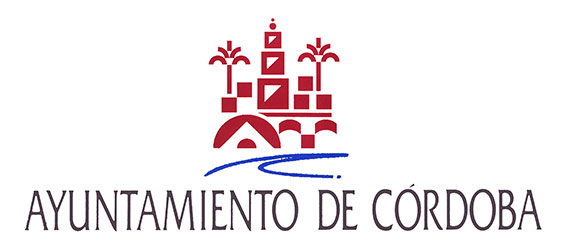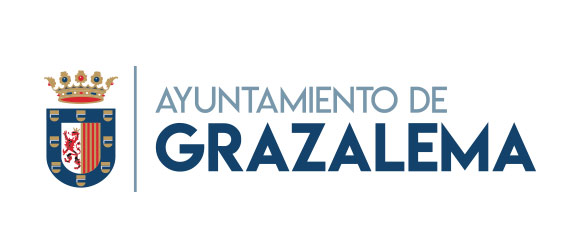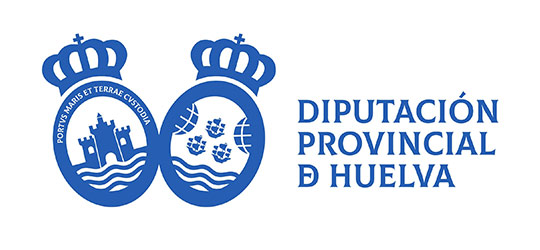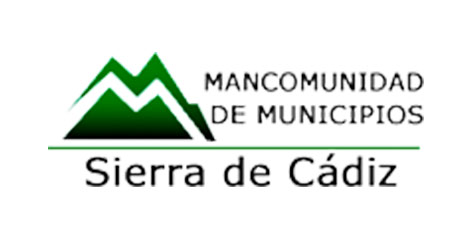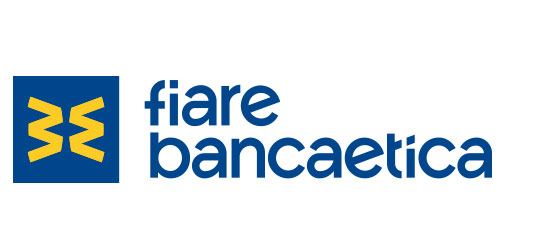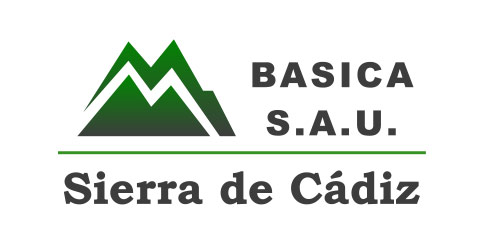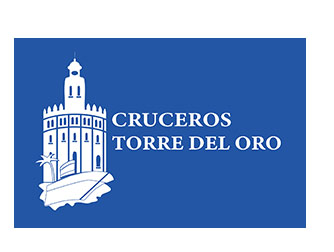Axis 3: Local economies that care: instruments, policies, infrastructures, services and people for territorial cohesion and balance
Local Economic Development (DEL) is presented as a key approach to promoting development with solidarity, cohesion, and inclusion, focusing on the common good. This territorial model, centered on people and their communities, gains greater relevance in the context of increasing global challenges and territorial inequalities.
From successful experiences in the European Union, such as territorial cohesion policies and local action groups (LAGs), to initiatives in Latin America, Africa, and Asia, DEL is positioned as a key strategy to address issues like rural depopulation, lack of quality employment, and environmental sustainability.
In the European Union, territorial cohesion policies have aimed to reduce internal imbalances and strengthen neighboring territories. Instruments like local action groups (LAGs), integrated into rural development policies, have been fundamental in promoting endogenous initiatives and multi-actor dialogue. In Spain, regions like Andalusia have embraced decentralization and local autonomy to build capacities in the territory, design participatory strategies, and foster employment. These policies have allowed rural areas to be strengthened through infrastructure, basic services, and support for entrepreneurship.
However, challenges such as rural depopulation, migration to urban areas, and an aging population threaten territorial balance. Intermediate cities, traditionally key in regional structuring, are facing strain due to population outflows and the centralization of services. On the other hand, large cities, while economically dynamic, suffer from issues like tourist overcrowding, gentrification, and the loss of identity in historic neighborhoods. These challenges highlight the need to rethink territorial models to achieve inclusive and sustainable development.
Basic resources like water are essential for the sustainability of local economic development. Without water, not only life is compromised, but also the ability of local economies to thrive. This aspect is further intensified by climate change and requires integrated policies for community management and sustainable territorial planning.
It is also crucial to recover territorial consensus on development models that balance cohesion, inclusion, and sustainability. These consensus must include actors at all levels, from local communities to national governments and international organizations, to ensure effective strategies aligned with global commitments, such as the Sustainable Development Goals (SDGs).
The care economy emerges as a new approach to address the current crisis, focusing the economy on people and caring for the planet. This approach seeks to redistribute caregiving tasks, reduce the historical burden borne by certain groups, especially women, and promote inclusive public policies.
Care-based policies not only promote social cohesion but also drive innovative and sustainable economies. Global alliances around this economy enable the design of participatory strategies that balance local needs with global agendas, fostering a fairer and more resilient future.
Local Economic Development (DEL) faces complex challenges that require innovative and collaborative responses. Among these, territorial cohesion is key: multi-level partnerships and inclusive policies can preserve agricultural resources and strengthen the urban-rural balance. Additionally, water resource management requires community-based models to ensure the sustainability of local economies.
Another pillar is the promotion of the social and solidarity economy (ESS), which plays a crucial role in structuring sustainable and equitable territories. Intermediate cities should be strengthened as economic engines and territorial connectivity hubs. Furthermore, food sovereignty can be promoted through local public supply and short marketing channels. Trends such as remote work and rural migration offer opportunities to revitalize rural areas and create employment.
To address these challenges, innovative instruments and policies are needed. Territorial financing through decentralized financial ecosystems and decentralization, granting greater autonomy to local governments, are essential. It is also important to foster cross-border cooperation and promote inclusive local economies that empower women, youth, and marginalized communities.
In the global context, Local Economic Development (DEL) seeks not only to solve local problems but also to contribute to global objectives with an integrated vision that combines local knowledge and global alliances. It positions itself as a structural model to build resilient, inclusive, and sustainable territories, putting people at the center.





